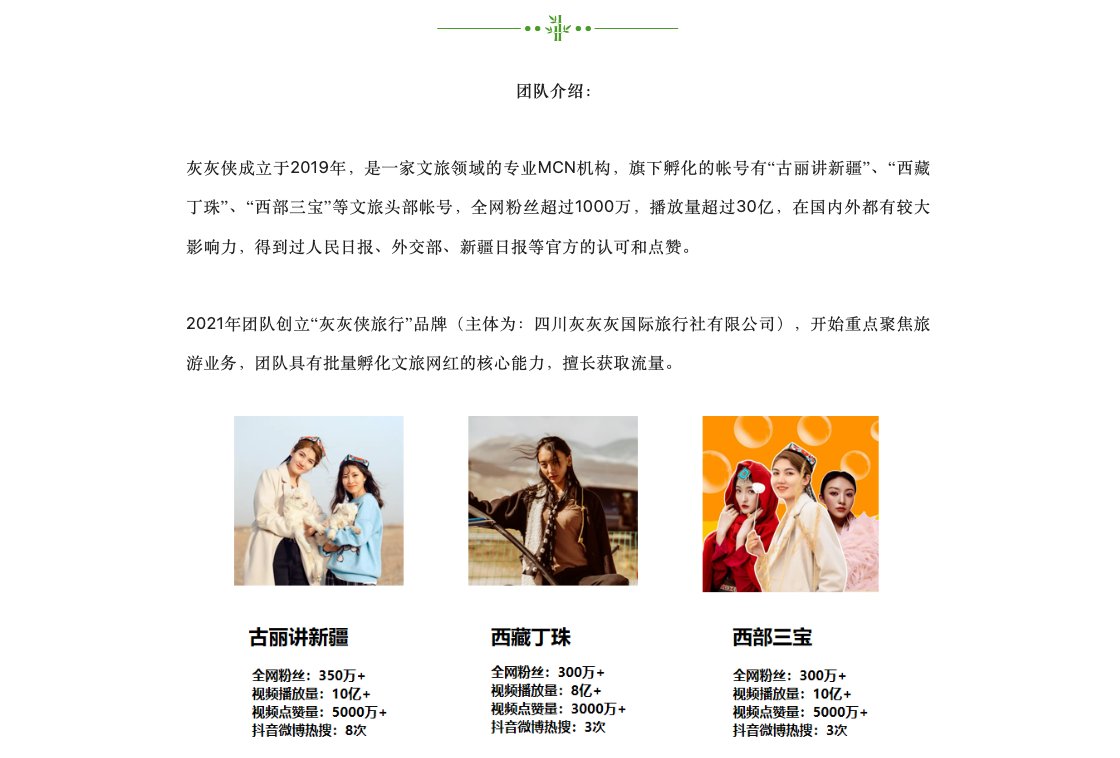Chinese influencer Li Ziqi has 17.2 million followers on YouTube.
She's the biggest by far, but there are thousands of other China-based accounts on the platform.
But wait. Isn't YouTube blocked in China? What gives?
Here's how it all works. 🧵
She's the biggest by far, but there are thousands of other China-based accounts on the platform.
But wait. Isn't YouTube blocked in China? What gives?
Here's how it all works. 🧵
The short answer is that influencers from Li Ziqi down go through special agencies that are trusted by the party-state.
When she was still posting videos, Li did it through WebTVAsia, a Beijing-based YouTube-certified MCN* owned by Malaysian entertainment company Prodigee Media.
When she was still posting videos, Li did it through WebTVAsia, a Beijing-based YouTube-certified MCN* owned by Malaysian entertainment company Prodigee Media.
*MCN = "Multi-Channel Network", btw. More on them here: en.wikipedia.org/wiki/Multi-cha…
WebTVAsia operates more than 600 YouTube channels for PRC-based talent, including the People’s Daily, the official newspaper of the Central Committee of the CCP.
WebTVAsia operates more than 600 YouTube channels for PRC-based talent, including the People’s Daily, the official newspaper of the Central Committee of the CCP.
Another MCN called Xiaowu Brothers has its own 600+ stable of talent across a variety of categories from cooking to gaming and "countryside".
And they're not just on YouTube, they're also on Facebook.
As this Meta press release notes, Xiaowu 'now manages over 100 Pages and has a dedicated Facebook operations team.' archive.ph/1qAHC#selectio…
As this Meta press release notes, Xiaowu 'now manages over 100 Pages and has a dedicated Facebook operations team.' archive.ph/1qAHC#selectio…
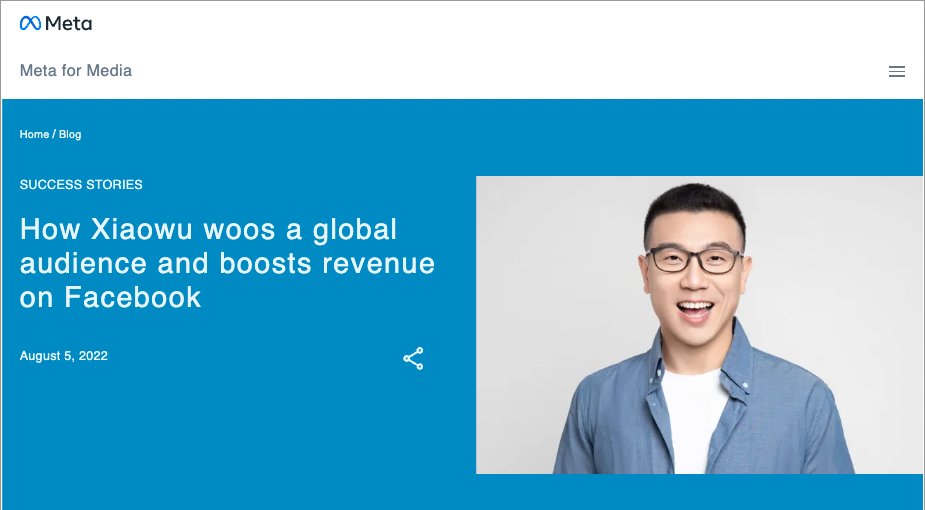
Generally, only state media workers, diplomats, political & economic elites & foreigners can post on foreign social media platforms.
But, as the head of Xiaowu notes in this pitch, MCNs like his can offer a legit gateway through the Great Firewall for influencers too.
But, as the head of Xiaowu notes in this pitch, MCNs like his can offer a legit gateway through the Great Firewall for influencers too.
So why are companies like Xiaowu trusted to offer this service?
Because they are closely linked to the CCP.
How close? Well, here are some pics of their internal party meetings.
In the first two pics, they're actually carrying out a criticism & self-criticism session. ☭



Because they are closely linked to the CCP.
How close? Well, here are some pics of their internal party meetings.
In the first two pics, they're actually carrying out a criticism & self-criticism session. ☭
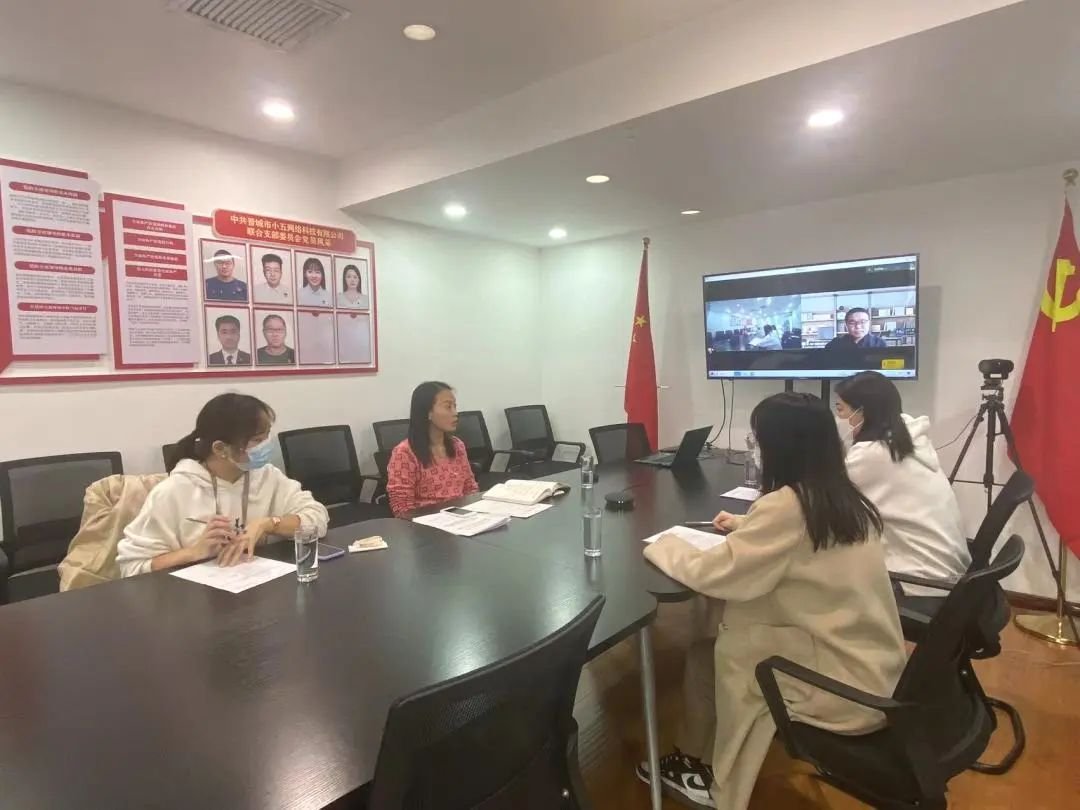


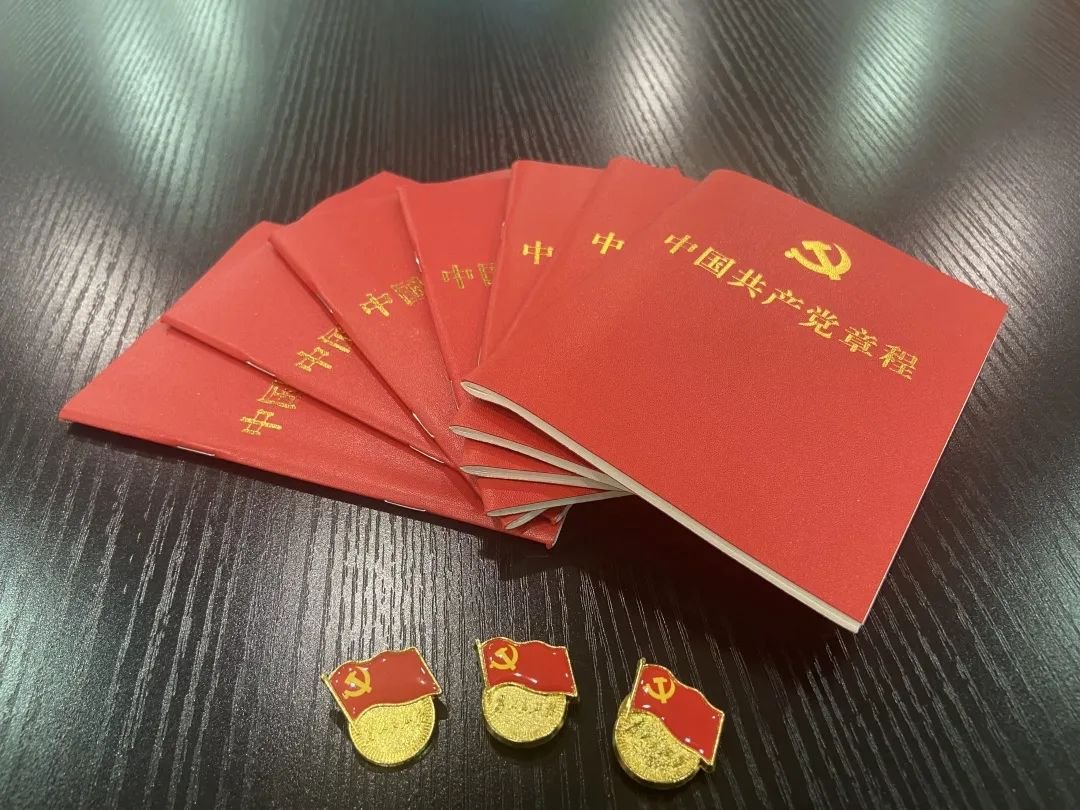
Xiaowu Brothers make it clear that they're experts in sticking to the PRC's censorship rules.
Here's a Facebook post of theirs outlining ‘detailed rules for the review of online short video content’.
There's no chance they would ever publish anything that the CCP wouldn't like.
Here's a Facebook post of theirs outlining ‘detailed rules for the review of online short video content’.
There's no chance they would ever publish anything that the CCP wouldn't like.
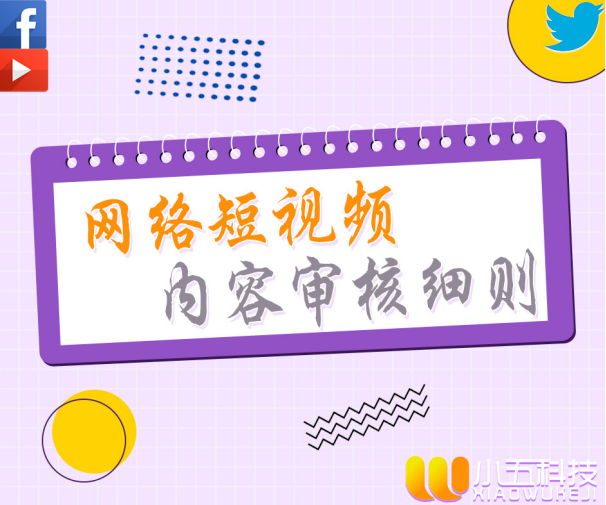
So why is this a problem?
Well, remember the "countryside" category that Xiaowu caters to?
That category includes scores of carefully vetted ethnic-minority influencers from places like Xinjiang & Tibet who are pushing out propaganda about those regions.
Well, remember the "countryside" category that Xiaowu caters to?
That category includes scores of carefully vetted ethnic-minority influencers from places like Xinjiang & Tibet who are pushing out propaganda about those regions.
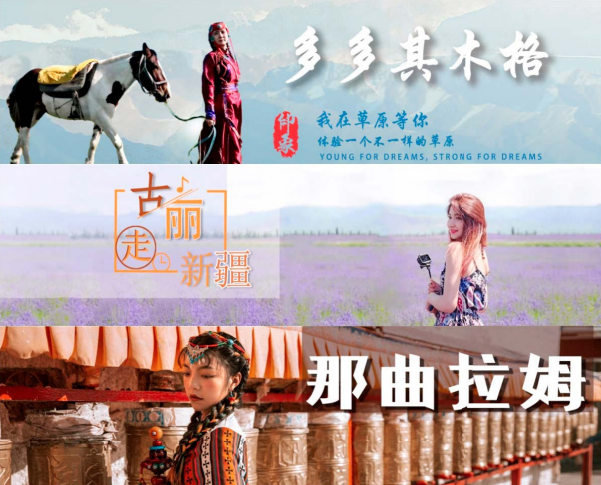
In our new @ASPI_ICPC paper 'Frontier Influencers: The new face of China’s propaganda', my co-authors @DariImpio, @HsitingPai_ASPI & I picked 18 of these accounts & examined 1,741 of their latest videos.
Most of it was fluffy lifestyle content, but 11.4% was propaganda.
Most of it was fluffy lifestyle content, but 11.4% was propaganda.

As we note, the frontier influencer content 'closely hews to CCP narratives, but their less polished presentation has a more authentic feel that conveys a false sense of legitimacy & transparency about China’s frontier regions that party-state media struggle to achieve.'
Sometimes the influencers talk about their self-censorship quite bluntly.
Here, Adile Abdukerim (阿迪莱·阿布都克热木) of the ‘Guli takes you to see Xinjiang’ YouTube channel insists she only ever uses official, state-approved sources when talking about Uyghur culture & history.
Here, Adile Abdukerim (阿迪莱·阿布都克热木) of the ‘Guli takes you to see Xinjiang’ YouTube channel insists she only ever uses official, state-approved sources when talking about Uyghur culture & history.
The frontier influencers represent, in the words of one Chinese propaganda expert, ‘guerrillas or militia’ fighting on the flanks in ‘the international arena of public opinion’, while party-state media or the ‘regular army’ ‘charge, kill and advance on the frontlines’. 
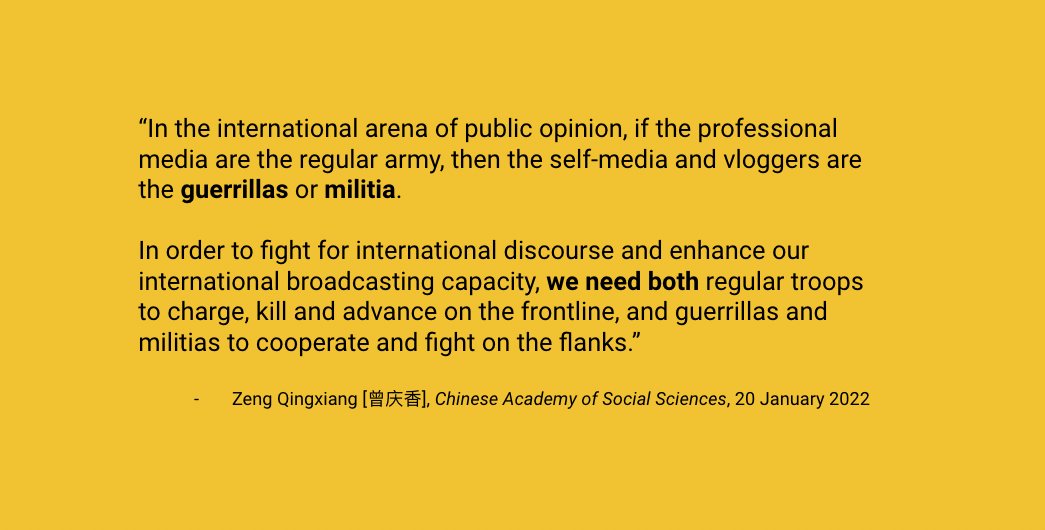
Search-engine algorithms tend to prioritise fresh content & channels that post regularly.
A credible video report on Xinjiang might show up on YouTube occasionally, but state media & these influencers can flood it with propaganda the rest of the time.
A credible video report on Xinjiang might show up on YouTube occasionally, but state media & these influencers can flood it with propaganda the rest of the time.
That has a hugely distorting effect on the information environment beyond the Great Firewall.
Among our policy recommendations:
US social media platforms should stop allowing MCNs to monetise content from creators based in the PRC as they are effectively subsidising propaganda.
Among our policy recommendations:
US social media platforms should stop allowing MCNs to monetise content from creators based in the PRC as they are effectively subsidising propaganda.
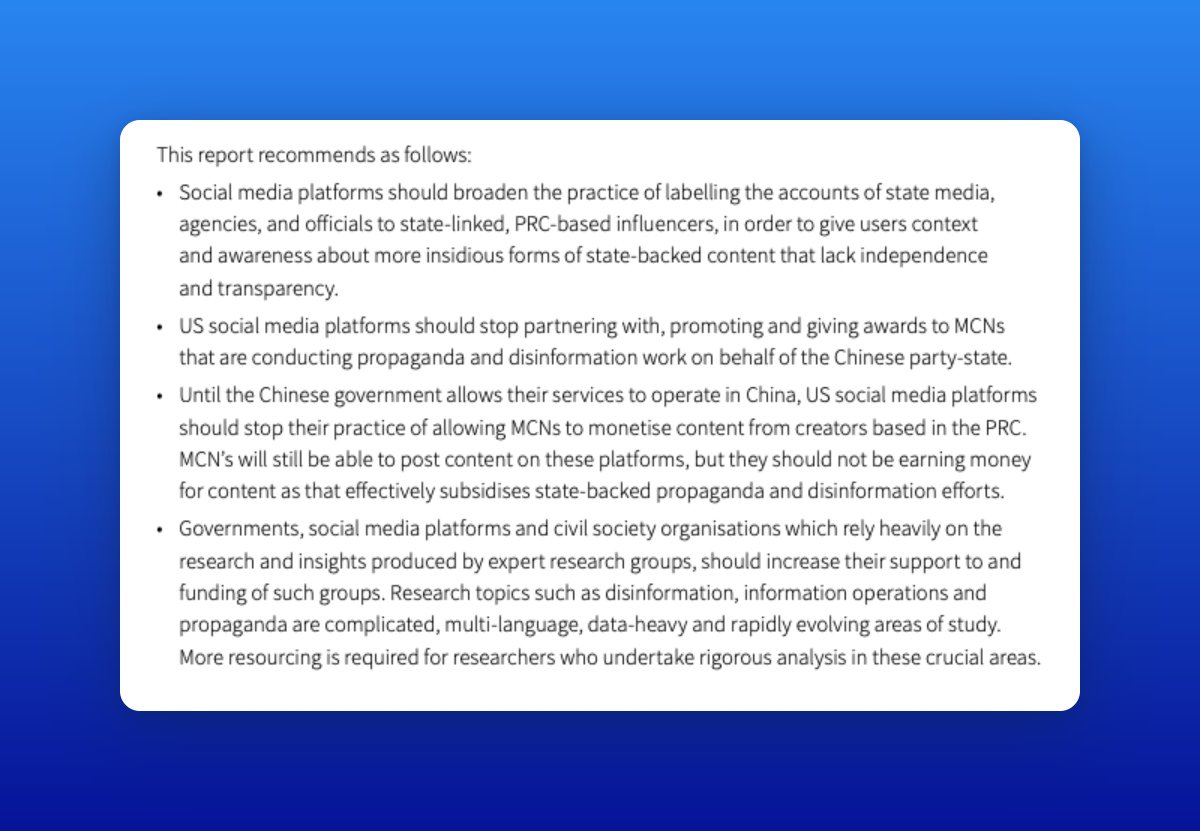
For more info on all of this, check out our new report here: aspi.org.au/report/frontie…
And if you enjoyed this thread, RT the tweet below to share it with your followers.

And if you enjoyed this thread, RT the tweet below to share it with your followers.
https://twitter.com/fryan/status/1592766118665498624
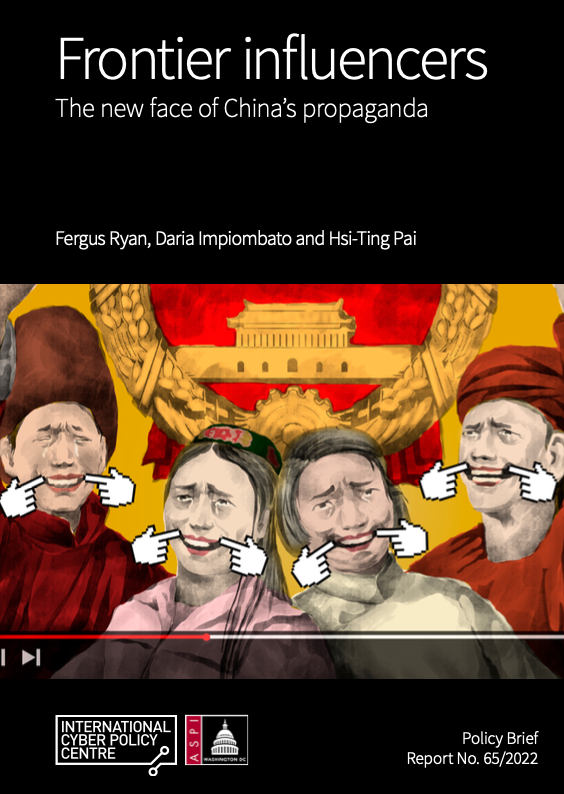
• • •
Missing some Tweet in this thread? You can try to
force a refresh





